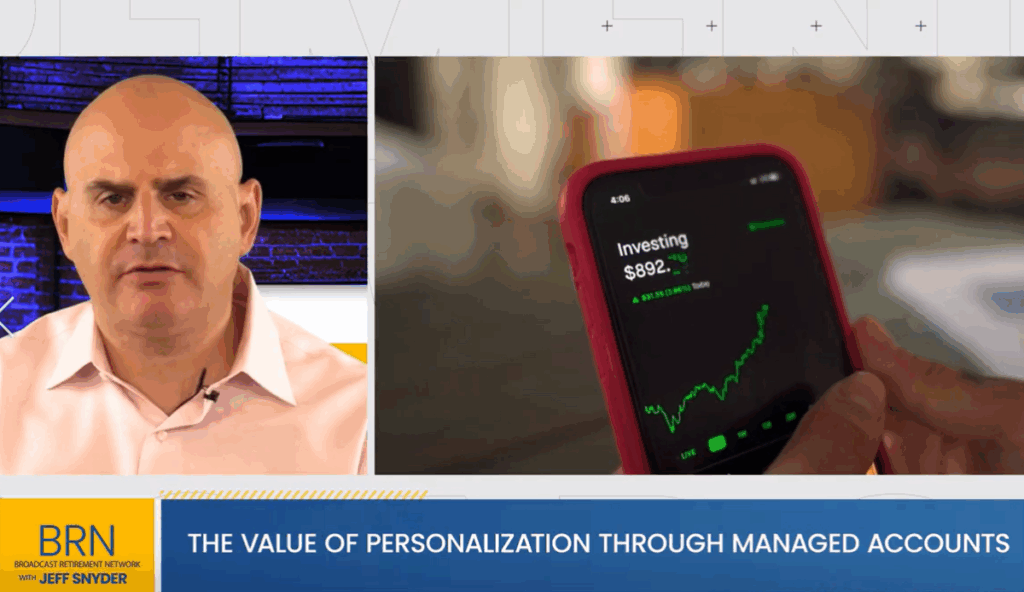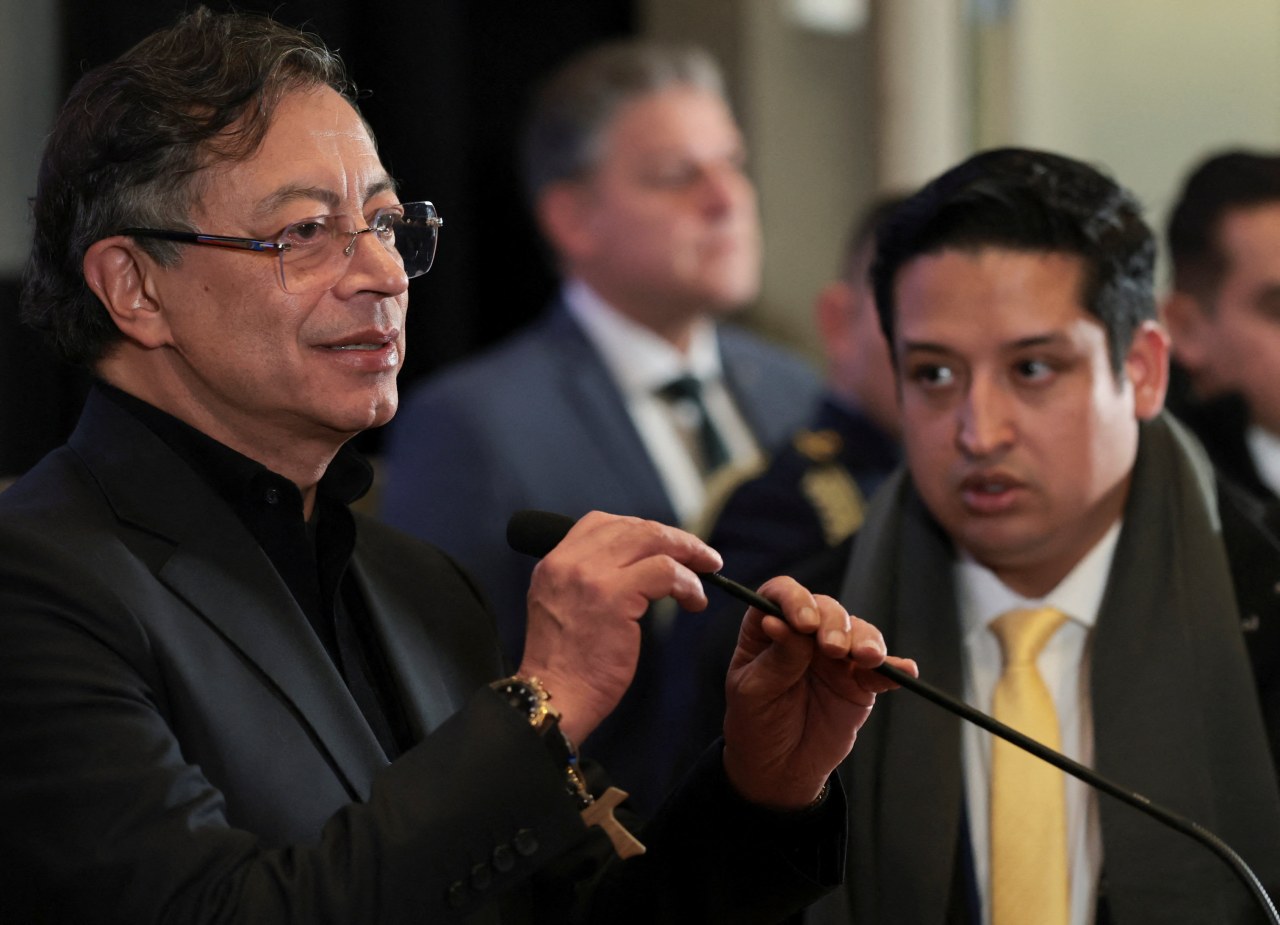
UPDATE: The landscape of retirement planning is shifting dramatically as managed accounts introduce personalized investment strategies tailored to individual goals and risk profiles. This urgent development was unveiled during a live discussion featuring Matthew Condos, Senior Vice President at Lincoln Financial, and Jeffrey H. Snyder from the Broadcast Retirement Network.
During the broadcast, Condos emphasized that personalization in managed accounts is no longer a luxury but a necessity. “People shouldn’t expect their retirement plans to be one-size-fits-all,” he asserted, highlighting the growing demand for individualized strategies. As of today, 81% of employees surveyed express interest in managed accounts, indicating a significant shift in expectations for retirement planning services.
According to a recent study involving over 2,500 employees, more than a quarter are either actively using or very interested in managed accounts. This data underscores an urgent need for personalized financial advice, particularly as many individuals lack adequate access to financial professionals due to account balance constraints.
Managed accounts are evolving to meet these demands by leveraging personal data to create customized portfolios. Unlike traditional pooled investment vehicles like mutual funds, managed accounts are actively overseen by portfolio managers who tailor investment strategies based on individual circumstances. This service can be integrated into defined contribution plans such as 401(k), 403(b), or governmental 457 plans, making personalized financial management accessible to a broader audience.
Condos explained that the evolution of managed accounts over the last two decades has been remarkable. “We’ve moved from basic target date funds, which only consider age, to sophisticated managed accounts that analyze multiple factors such as income, Social Security impacts, and even personal circumstances,” he noted. This evolution is crucial for optimizing retirement outcomes for participants.
For those who prefer a more hands-off approach, managed accounts offer a “set it and forget it” option, while still recommending annual check-ins to adjust for life changes. “Participants can trust professionals to adjust their portfolios as their situations evolve,” Condos stated, reinforcing the flexibility and responsiveness of managed accounts.
Cost remains a common concern, but Condos argues the value of managed accounts outweighs the fees. “Both participants and plans benefit from the ongoing fiduciary oversight and tailored advice provided by these services,” he stated. Research indicates that participants using managed accounts often increase their savings rates by 72%, potentially leading to higher retirement incomes.
Looking ahead, Condos sees managed accounts expanding further to include more complex investment vehicles such as private market investments and enhanced financial wellness support. He believes that as technology evolves, so too will the options available to plan participants, creating a more customized experience.
This urgent transformation in retirement planning underscores the increasing expectation for personalized financial services. As managed accounts gain traction, employers are encouraged to educate their workforce about these offerings, ensuring that employees can make informed decisions about their retirement futures.
With the demand for personalized retirement solutions at an all-time high, companies like Lincoln Financial are leading the charge to ensure that all employees, regardless of their financial background, have access to the tailored support they need to secure their financial futures.
Stay tuned for ongoing updates as this critical development in managed accounts continues to unfold.





